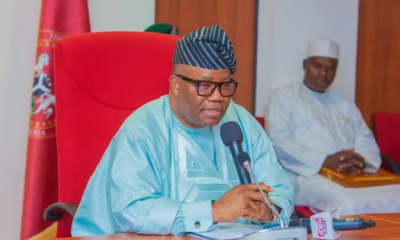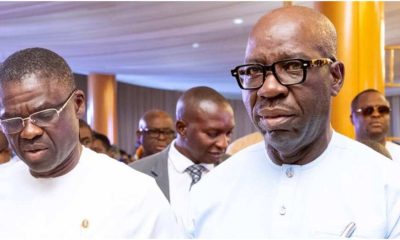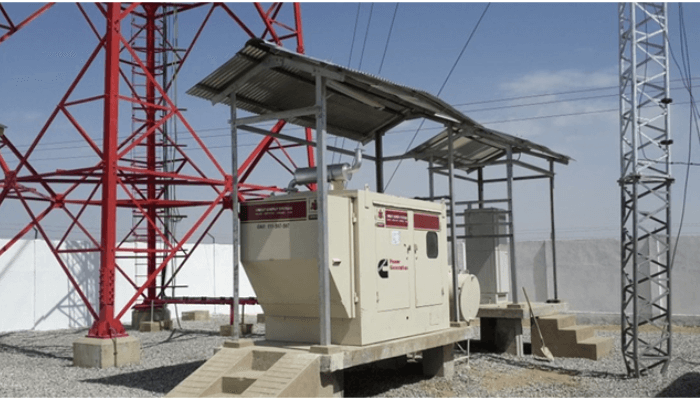Telecom operators may be compelled to hike end user tariff in response to the implementation of the Federal Government’s economic policies, especially the implementation of the 7.5 per cent Value Added Tax (VAT) on automotive gas oil (AGO) or diesel.
This will translate to an increase in the cost of making voice calls, payment for data services and using the short message service (SMS) or text message platform too.
According to the report, the cost of operating BTS is expected to exceed N401.67billion by year’s end. When the 7.5per cent VAT is added, this will mark a significant impact.
Industry statistics estimate that mobile telecommunication operators use at least 40 million litres of diesel per month to power telecom sites. As of the end of 2021, the NCC revealed that there were 38,288 base stations in the country. This figure may have gone up.
NCC CEO, Prof Danbatta Danbatt said the Commission had worked tirelessly to ensure telecom services were brought to people living in rural, unserved, and underserved areas of this country, totalling 37 million people courtesy of the consultancy that was conducted in 2013.
READ ALSO: Ensuring easy access to telecom services remains our core value — NCC
“By 2019, we had succeeded in reducing the clusters of access gaps to 114 through the deployment of the necessary infrastructure needed to bring services to people living in rural, unserved and underserved areas of the country. The deployment of infrastructure is in terms of base transceiver stations, which resulted in the reduction of Nigerians in those clusters from 37 million to 31 million in 2019.
“By 2022, we have reduced the clusters of access gaps to 97 from 207 in 2013. The number of Nigerians again have come down from 37 million in 2013 to 27 million as we speak. We achieved this by deploying, from 2009 to 2011, a total of 79 new base transceiver stations,” he said
Danbatta stated that in 2013 to 2018, the telecom sector also witnessed the deployment of additional 124 base transceiver stations while from 2019 to 2022, a total of 364 base transceiver stations were deployed.
“So far, the total numbers of BTS we have deployed to date between the times the access gaps were identified till the end of 2022 are 567,” he said.
For efficiency and backup purposes, each BTS must have a minimum of two diesel-powered generators.
READ ALSO: NCC reduces number of Nigerians living in areas without telecoms service
Efforts to get the reaction of the Association of Licensed Telecoms Operators of Nigeria (ALTON) proved futile as calls made to the telephone number of the group’s chairman, Engr Gbenga Adebayo rang through unpicked while that of the group’s Head of Operations, Gbolahan Awonuga, was also not picked.
Awonuga had earlier said the telecoms industry is the highest user of diesel in the country while the average revenue per user (ARPU) has continued to decline.
He estimated that the industry consumes over 40 million litres of diesel per month. Awonuga argued, “The report that we are consuming about 40 million litres of diesel per month is correct and should be more than that presently. The quantity has not decreased.”
GlobalPetrolPrices.com puts the price of diesel at N842.25 per litre, stressing that ‘for comparison, the average price of diesel in the world for this period is N905.66’.

 Crime1 day ago
Crime1 day ago
 Editorial5 days ago
Editorial5 days ago
 Agribusiness3 days ago
Agribusiness3 days ago
 Business7 days ago
Business7 days ago
 Business4 days ago
Business4 days ago
 Featured4 days ago
Featured4 days ago
 Agribusiness4 days ago
Agribusiness4 days ago
 Latest4 days ago
Latest4 days ago

